Growing up with care at UMMC means smooth transition to adult clinics
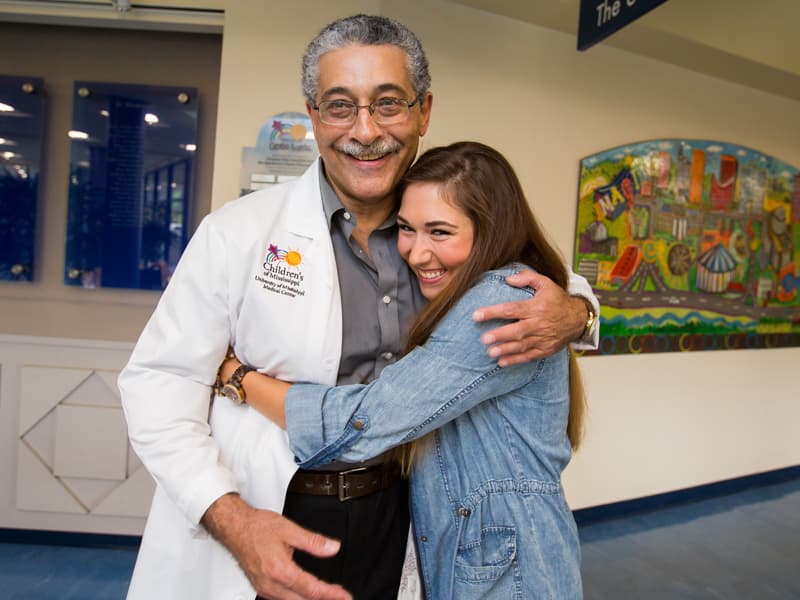
NOTE: A version of this article originally appeared in the Fall 2017 issue of Under the Rainbow, the semi-annual magazine for Children's of Mississippi.
Hayleigh Craft felt faint.
The 19-year-old Pearl River Community College student’s spell had her mother bringing her to the University of Mississippi Medical Center’s Emergency Department, given Hayleigh’s history. One out of 100 children are born with congenital heart disease, and Hayleigh was that one.
When Hayleigh was 5 days old, surgery at Batson Children’s Hospital mended her heart, and she had been seeing pediatric cardiologist Dr. Makram Ebeid there from the time she was born until her mid-teens. Now, as a nursing major with her sights set on attending the University of Mississippi School of Nursing next year, it was time to make the transition to seeing Dr. Will Campbell, one of the cardiologists in the Adult Congenital Heart Program.
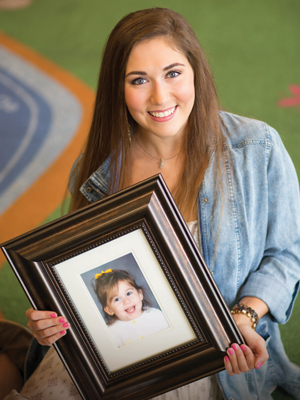
Hayleigh is among patients who grew up with Children’s of Mississippi specialty care and have transitioned to care from UMMC physicians.
Nearly one in five adolescents in the U.S., some 4.3 million, have a special health care need, anything ranging from asthma to childhood cancer, according to a study published in the journal Adolescent Health.
How to bridge the gap between pediatric subspecialties and adult care is a question physicians are only too happy to have.
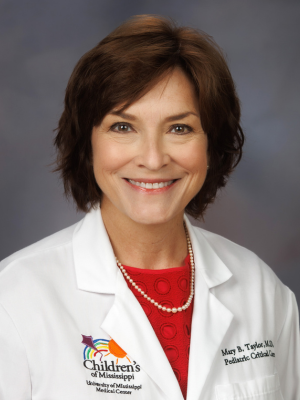
“It means that seriously ill children now are living into adulthood,” said Dr. Mary Taylor, interim chair of pediatrics at UMMC.
Among the areas where this trend is seen dramatically is pediatric cardiology.
“We have a large and growing population of adult congenital heart disease patients,” said Dr. Mike McMullan, chief of cardiology and leader of the Adult Congenital Heart Program at UMMC. Since the program’s start in 2014, there has been a 700 percent increase in the number of patients.
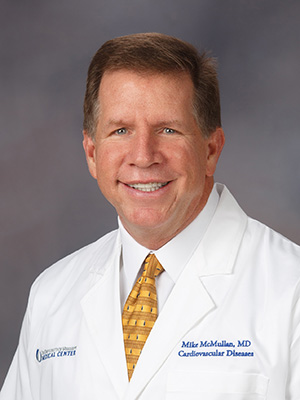
That, McMullan said, is a testament to the progress being made in treatment of congenital heart disease.
“It’s incredible,” said McMullan. “The technology and surgical techniques have improved so much that now the survival rate for children born with congenital heart disease is as high as 90 percent.”
Said Taylor: “There are now more adults with congenital heart disease than children.”
The advances aren’t limited to cardiology. Children with cystic fibrosis at one time died in infancy, and as recently as 1980, their life expectancy was less than 20 years. Since then, the median predicted survival age is close to 40, meaning that children with CF are now living to attend college, pursue careers, marry and start families of their own.
Children with chronic conditions are living longer, fuller lives, making transitions from pediatric to adult care vital.
“We want to help patients become individuals,” Taylor said. “We want them to know what medicines they need and when they need ongoing follow-up care. Our pediatric patients need to learn, as they grow up, how to listen to what their bodies are telling them and how to know when to seek help.”
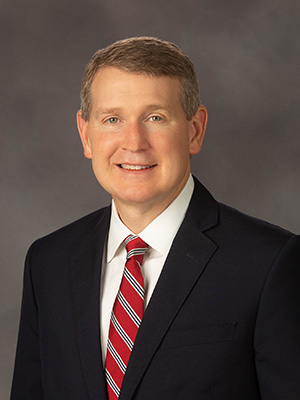
Often, when pediatric specialists first begin seeing a patient, they tell the child’s parents, “Welcome to the family,” said Guy Giesecke, CEO of Children’s of Mississippi. “That’s something we take seriously, as our medical professionals care for their patients as if they were their own children. We want our patients to live to their full potential, and that means ushering them to adult care with UMMC specialists when that time comes.”
Pediatric specialists and those who care for adults have expertise, but in different stages of life, McMullan said.
“Pediatric cardiologists know congenital heart disease better than anyone,” he said, but they specialize in how those conditions affect children and not adults, who have factors ranging from college and careers to reproduction and aging to consider.
Shay Hudson, a nurse practitioner in adult pulmonology, said that progress in the treatment of CF is leading to longer lives, so patients need to be able to move into the adult world.
“It’s no longer if patients go to college, but when,” she said, noting that some CF patients, with treatment, are now living into their 50s, 60s and beyond. “They’re going to need to know how and where to get their medicines, how to make their own doctor’s appointments and more.”
Successful parenting means moms and dads work themselves out of their jobs, preparing their children to function just fine without them. It’s no different in patient transitions, Adult Congenital Heart Program director Camille Richards said. “Parents and physicians have to teach children how to function in an adult world so that when they are adults, they’re prepared and informed to be a decision-maker in their own health care.”


